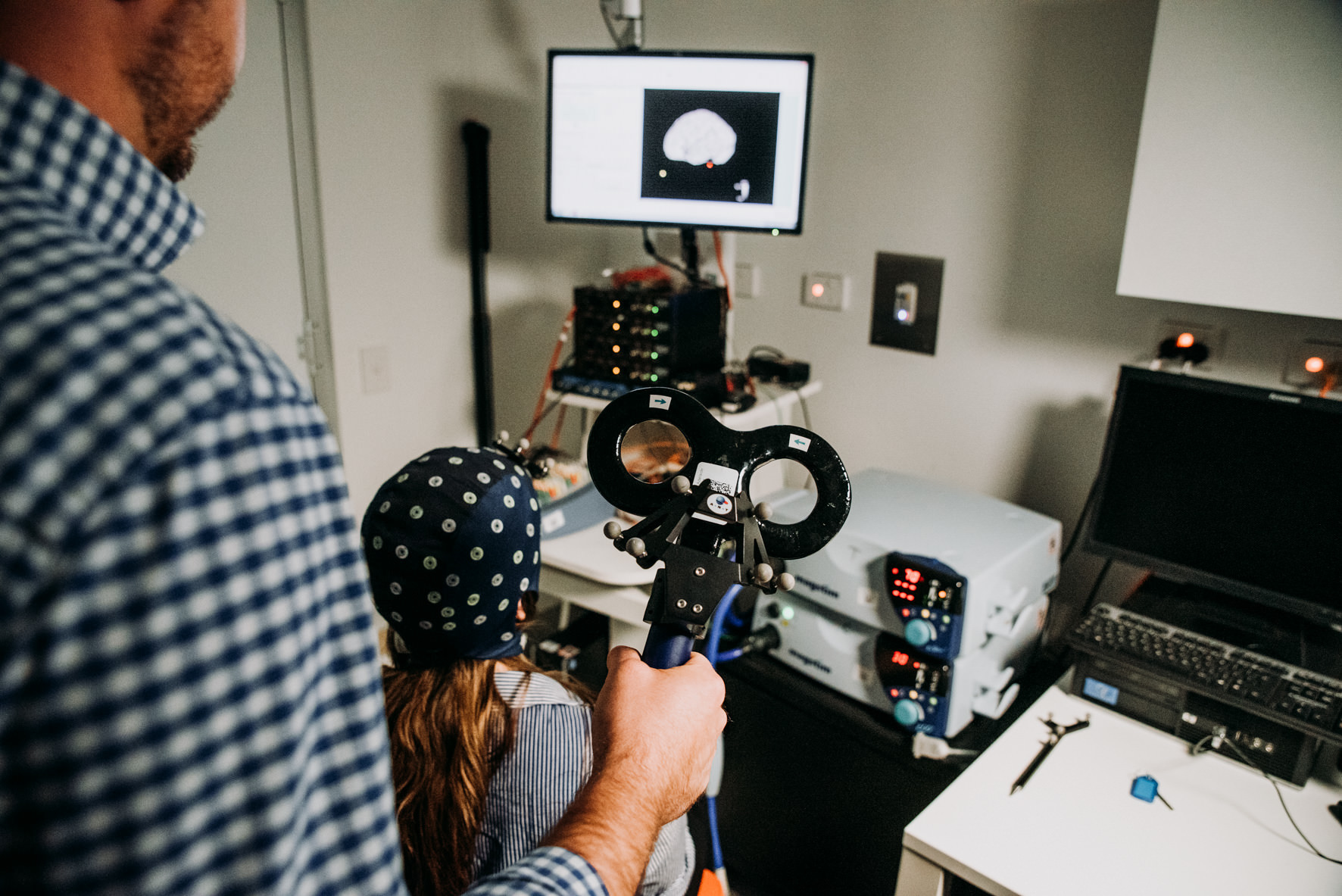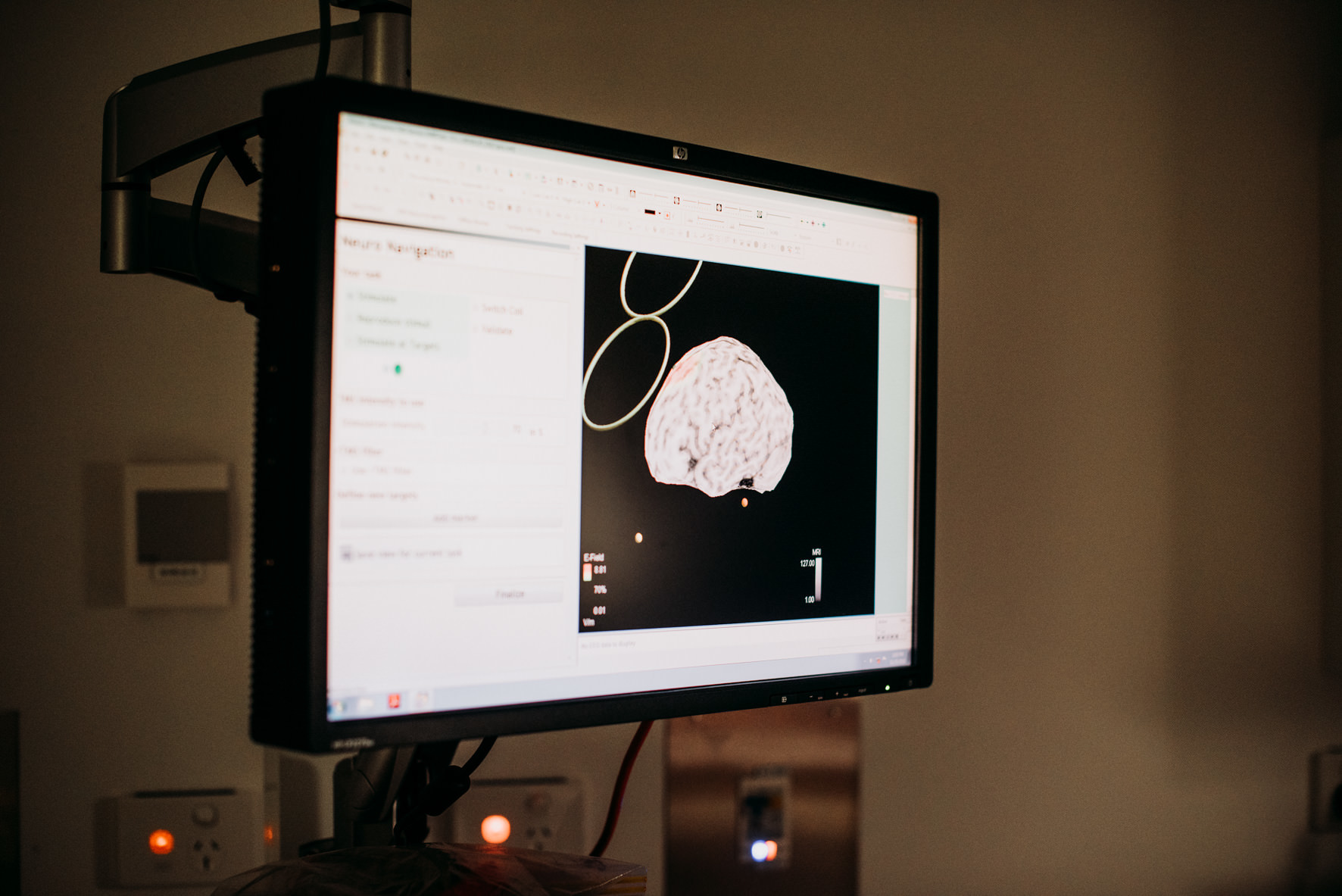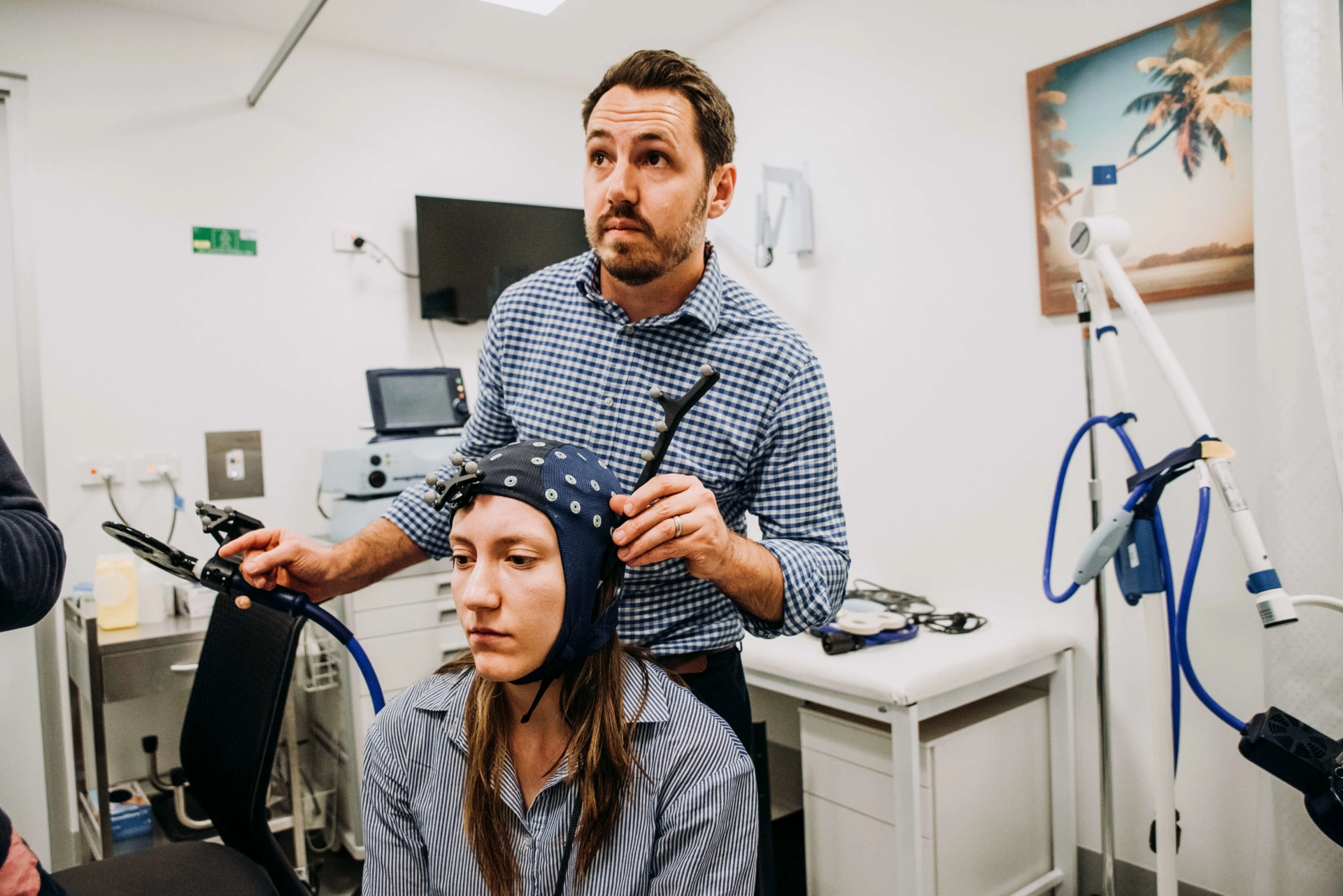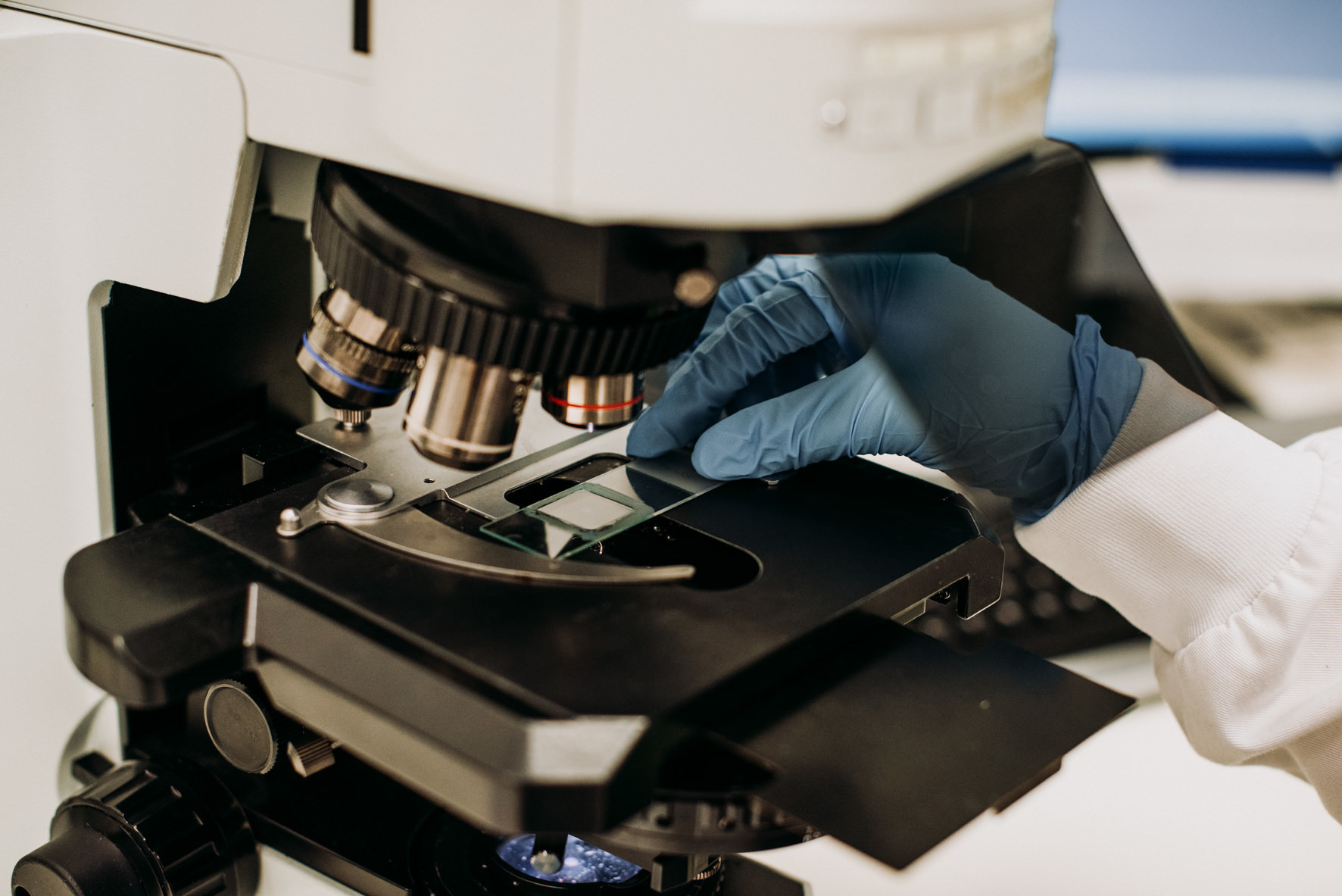The brain is a remarkably dynamic organ that is continually reorganising and adapting its structure and function. These rapid and long-term changes give rise to our thoughts, govern how we perceive our environment and allow us to either retain information in our mind for brief periods or to store information over many years.

Even subtle disruptions in the mechanisms governing brain dynamics can have devastating effects on social and cognitive functioning and possibly underlie mental illnesses such as schizophrenia and depression.
Understanding the functional importance of the mechanisms responsible for dynamic brain organisation is a key focus of the Brain Stimulation, Imaging and Cognition Group's research.
One method particularly suited to studying the dynamic brain is transcranial magnetic stimulation (TMS). This is a non-invasive method of stimulating cortical brain regions in living humans. TMS is a versatile technique which can be used to probe specific excitatory and inhibitory cortical circuits, to map connectivity between brain regions and to temporarily alter brain function by inducing neuroplasticity (i.e. transiently reorganising brain circuits).
The ability of TMS to alter brain activity makes it a powerful tool to causally investigate the role of specific brain mechanisms, regions and networks in function and behaviour.
The Brain Stimulation, Imaging and Cognition Group's research concentrates on combining TMS with neuroimaging techniques including electroencephalography (EEG) and magnetic resonance imaging (MRI). The aim is to understand the role of excitatory/inhibitory mechanisms, brain organisation (oscillations, connectivity) and plasticity in healthy and unhealthy brain function.
The group's specific interests include:
- Understanding the brain mechanisms responsible for short and long term memory.
- Developing concurrent TMS-EEG methods to non-invasively study cortical network properties investigating whether abnormal excitation/inhibition connectivity and plasticity contribute to cognitive deficits in mental illnesses such as schizophrenia and depression.
- Understanding how dynamic changes in brain organisation (i.e. oscillations, connectivity) give rise to improved or reduced behavioural performance (i.e. memory and learning).






